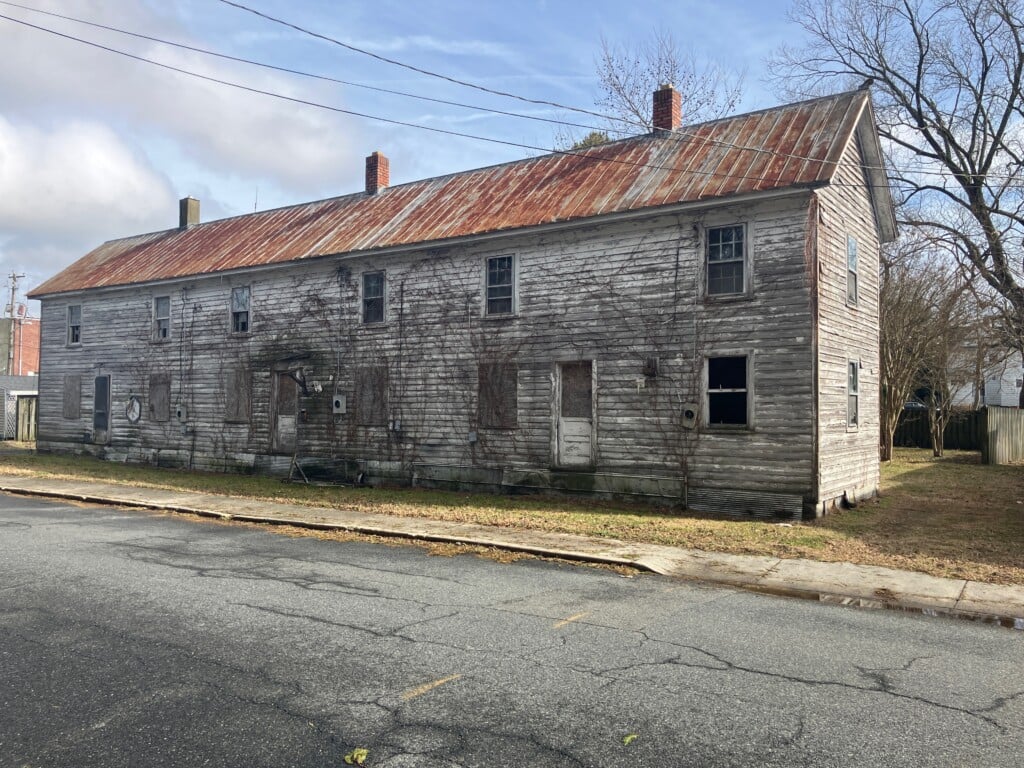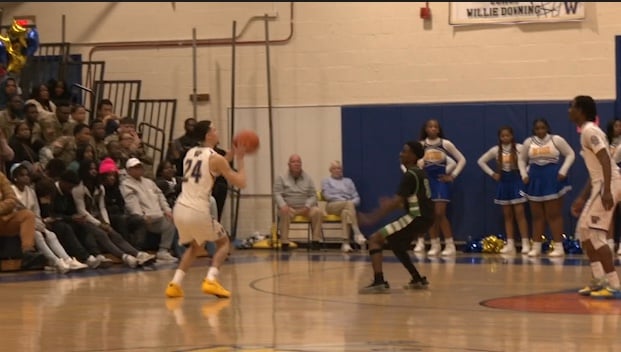Del. lawmakers file marijuana legalization bills
DOVER, Del. – Legislation that would legalize and regulate recreational marijuana in the First State was filed on Friday.
Rep. Ed Osienski’s House Bills 1 and 2 comprise the Delaware Marijuana Control Act, with HB 1 legalizing possession of small amounts of marijuana for personal use, and HB 2, regulating the legal industry of growing and selling cannabis.
HB 1 would remove all penalties for possession of a personal use quantity of marijuana for those 21 years of age and older. Possession of more than a personal use quantity and public consumption would still remain unclassified misdemeanors. A personal use quantity would be defined as one ounce or less of leaf marijuana, 12 grams or less or concentrated cannabis, or cannabis products containing 750 milligrams or less of delta-9-tetrahydrocannabinol.
The measure would only require a simple majority, or 21 votes in the House.
Meanwhile, HB 2 would create a legal framework to regulate the cultivation, sale, and possession of marijuana, provide opportunities for small businesses to be licensed, and ensure people disproportionately affected by the prohibition of marijuana to have access to this new market. It also creates a new framework for directing some of the state proceeds from sales and licensing to justice reform efforts. HB 2 would regulate and tax marijuana the same way as alcohol and will allow adults 21 and older to purchase a personal use quantity of marijuana from a licensed retail marijuana store. Under the bill, the Division of Alcohol and Tobacco Enforcement would absorb marijuana enforcement and create a separate administrative Office of Marijuana Control Commissioner within the Department of Safety and Homeland Security.
HB 2 would establish a marijuana control enforcement fee assessed at point of sale, set at 15%. The measure would direct 7% of the marijuana fee revenue to a Justice Reinvestment Fund, which would be administered by the Department of Justice and would be used to facilitate grants, contracts, services, or initiatives that focus on the following:
- Restorative justice, jail diversion, workforce development, industry-specific technical assistance or mentoring services for economically disadvantaged persons in disproportionately impacted areas
- Addressing the underlying causes of crime, reducing drug-related arrests, and reducing the prison population in the state
- Creating or developing technology to assist with the restoration of civil rights and expungement of criminal records
The bill would require a 3/5 vote in each chamber (25 in the House) because it addresses revenue and taxation.
Neither bill would change existing state law regarding driving under the influence of an illicit or recreational drug. They would also not allow individuals to grow their own plants, and public consumption of marijuana would still not be permitted. Employer enforcement also largely would not change. Employers would still be allowed to drug test workers for marijuana to ensure any zero-tolerance policies are being followed and would be able to discipline workers for being under the influence at work, as well as prohibit the consumption of marijuana at work.
HB 2 has been assigned to the House Revenue & Finance Committee and will be heard at noon on Tuesday, while HB 1 has been assigned to the House Health & Human Development Committee and will be heard on Wednesday at 11 a.m.



